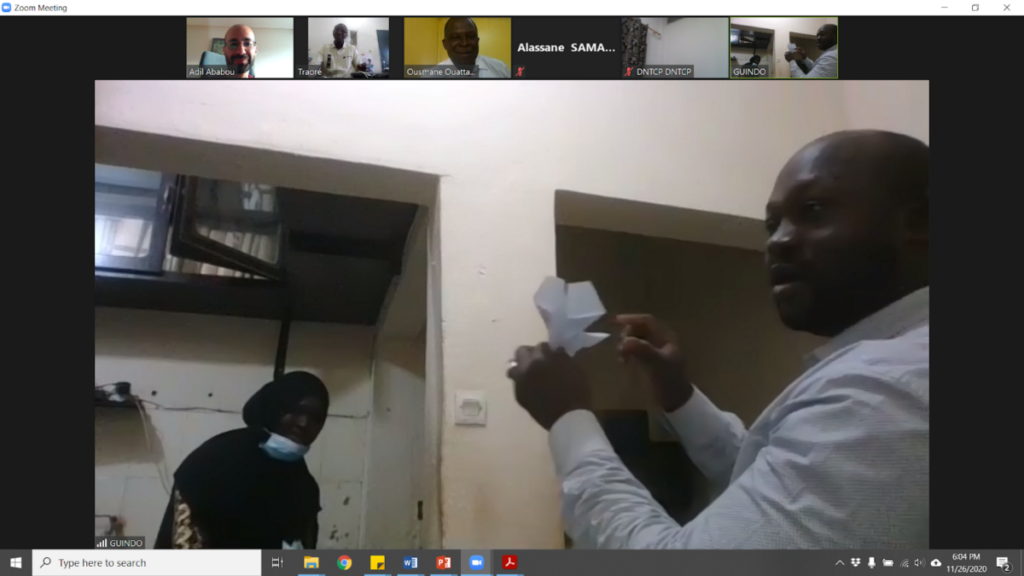
Since June 2020, seven-country teams – Central African Republic, Ghana, Guinea, Mali, Nigeria and The Gambia – are participating in CABRI’s Building Public Finance Capabilities (BPFC) programme. In October, the programme welcomed one more country-team from the Malawi debt office, which will be tackling a problem related to inefficiencies in cash management functions.
Over the past 5 months, the teams have been working in a structured approach that embeds experimental iteration to reform processes. This is especially useful when dealing with complex problems - those that have multiple underlying causes and which can be approached from multiple, sometimes competing, perspectives.
Teams meet every week to discuss and reflect on new learnings about the problem and determine next steps in the search for locally fitting solutions. Especially in the public sector, working in this way represents a significant shift from business as usual. As Matt Andrews and Lantt Pritchett put it in their “Building State Capability” book, a culture of isomorphic mimicry within organisations - the tendency of governments to replicate other government’s successful practices in order to gain legitimacy regardless of whether these contribute towards improved functionality - can cascade down to front line workers and create disincentives for innovation and experimentation. As a result, frontline workers are seldom part of the conversation about change and thus have no incentive (or opportunity) to contribute ideas about how things could be improved.
The PDIA approach provides an opportunity to work differently within organisations, sometimes even countering the organisational culture. In this process, country-teams also need to juggle their day-to-day responsibilities with the requirements of the programme, which can be especially challenging during the busiest budget preparation periods. But this is critical if organisations want to instil a culture of value creation, which goes beyond implementing defined practices and process incumbent on officials’ individual responsibilities – it is also about taking practical steps to improve the systems that individuals are part of.
Despite their usual commitments, teams were able to make progress, even if in small steps, towards solving important public finance problems. Below, some pictures of recent team meetings during their check-ins with their coaches.